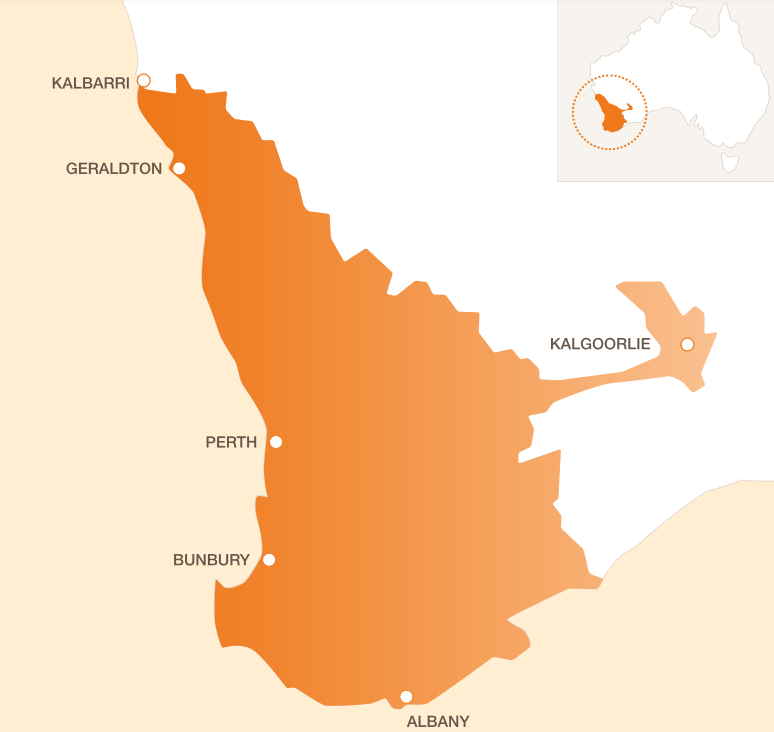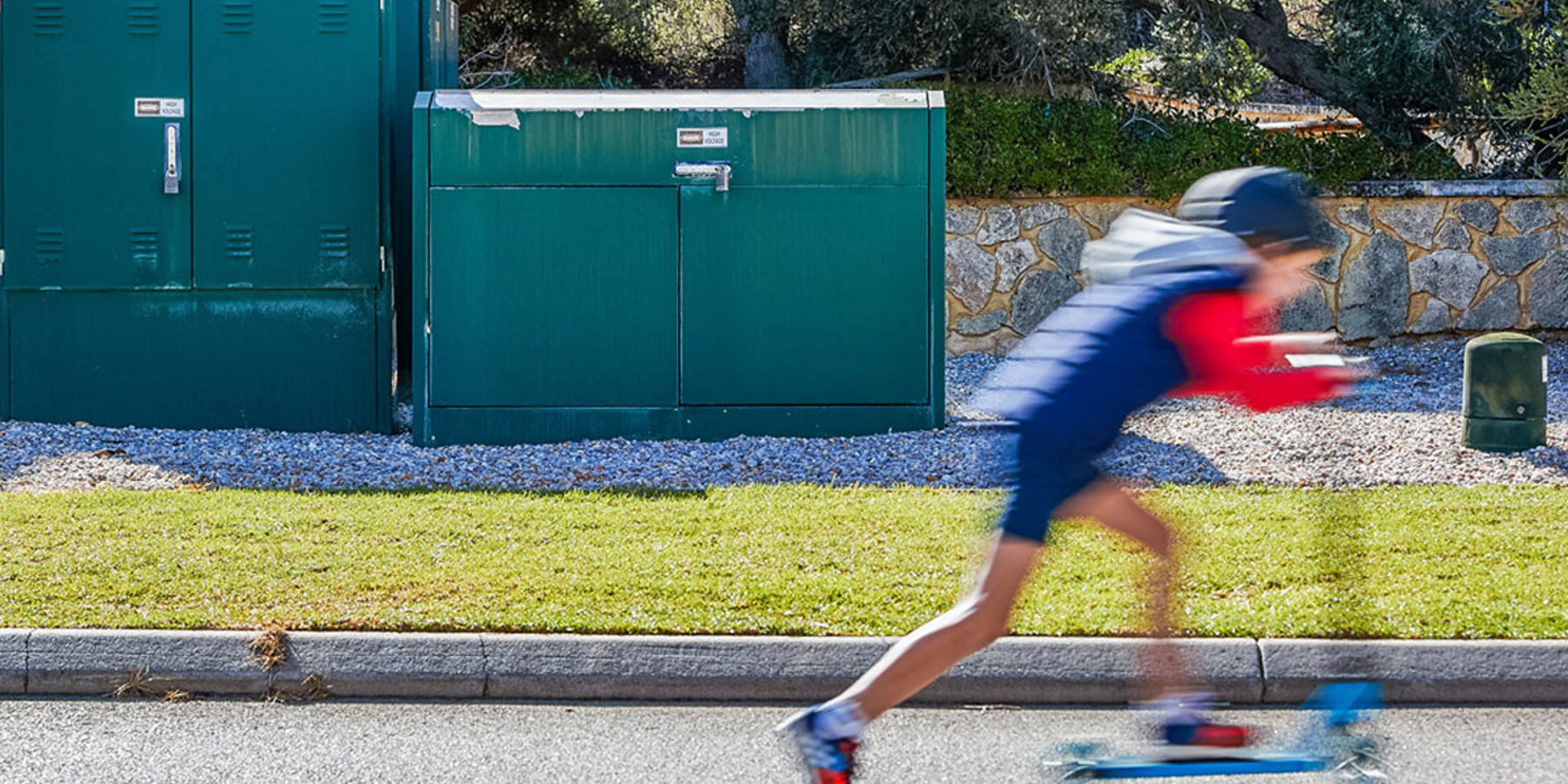The energy landscape can be a little confusing. There seems to be a lot of different players, many different acronyms, and experts.
The following is a quick run-down on who does what, and what their responsibility is, within the WA energy landscape.
The Minister for Energy
The Minister for Energy; Environment; Climate Action, currently the Hon. Reece Whitby MLA, is responsible for the energy sector in Western Australia. The Energy Minister has oversight of the strategic direction to solve the challenges that face the sector.
Building and Energy (formerly known as EnergySafety)
A division within the Department of Mines, Industry Regulation and Safety, this regulatory body is responsible for ensuring that both the electricity networks and customer electrical installations/properties are designed, built and maintained to ensure your safety and the safety of all electricity users in WA.
This includes your home and all of the electrical equipment that connects to the network within your property. As well as setting and licensing safety standards, they also conduct audits and inspections.
Economic Regulation Authority (ERA)
The ERA is Western Australia's independent economic regulator.
The ERA manages the framework for the independent regulation of certain electricity networks in Western Australia and the Electricity Networks Access Code (Access Code).
Its role is to make sure that WA businesses and consumers have access to a fair, competitive and efficient environment.
Australian Energy Market Operator (AEMO)
You will often see AEMO quoted in news articles about what’s happening in energy right across Australia.
AEMO is the national body that manages wholesale electricity and gas markets across Australia in a way that ensures all Australians have access to affordable, secure and reliable energy.
In WA, our energy network is isolated in that it does not cross state borders. AEMO governs how energy in WA is priced effectively and that all participants comply with policies and rules of operating in the energy market.
Power generators
Large-scale generators create the energy that is connected and distributed through the grid. These might be wind and solar farms, like the Yandin Wind Farm, or the coal-fired plant in Collie. The generators are a mix of private and government owned entities that have contracts to supply power to the South West Interconnected System (SWIS). Rooftop solar is also a large generator of solar power.

Western Power
Western Power (that's us!) is a state-owned entity responsible for ensuring energy is safely and optimally distributed across the SWIS. The SWIS covers more than 254,00km2 from Kalbarri through to Albany and across to Kalgoorlie. We also maintain the network to ensure everyone has access to power. The technology used to do this includes poles and wires, green domes, stand-alone power systems, community or grid batteries, and microgrids, like the one coming to Kalbarri.
Horizon Power
Horizon Power is a State Government corporation similar to Western Power except it operates as a generator, distributor, and retailer of energy in the northern half of Western Australia and the south-eastern area towards Esperance.

Synergy
Synergy is a State Government entity which generates energy and also retails energy for most residential and business customers within the SWIS. This means that they are responsible for billing, the energy buyback schemes for customers exporting solar to the grid (known as the Renewable Energy Buyback Scheme, REBS, and Distributed Energy Buyback Scheme, DEBS) as well as managing customer supply agreements including payment/non-payment of accounts.
Customer (you)
This is you, the end recipient and consumer of the power, as a resident, business or other entity in the community. Although you consume power, you may also have an impact upon energy generation through technologies like rooftop solar power, which is fed back to the grid via the Western Power network.
As a customer, you also have responsibilities. This includes reporting any event like a shock or a fault, as well as making sure any energy installations on your property are properly installed, maintained and protected.
All the electrical items and equipment, except the green dome (pillar) and the electricity meter (inside your meter box), located on your property are your responsibility.
Electrical contractor
A qualified electrical specialist who installs, maintains and repairs your electrical installation, appliances and, solar inverters/panels that form part of your property.
A qualified electrical contractor must provide you with an Electrical Safety Certificate, and will also provide notice to the network provider (Western Power) a Completion Notice, confirming the electrical work has been done in the proper manner and to the required safety standards.
